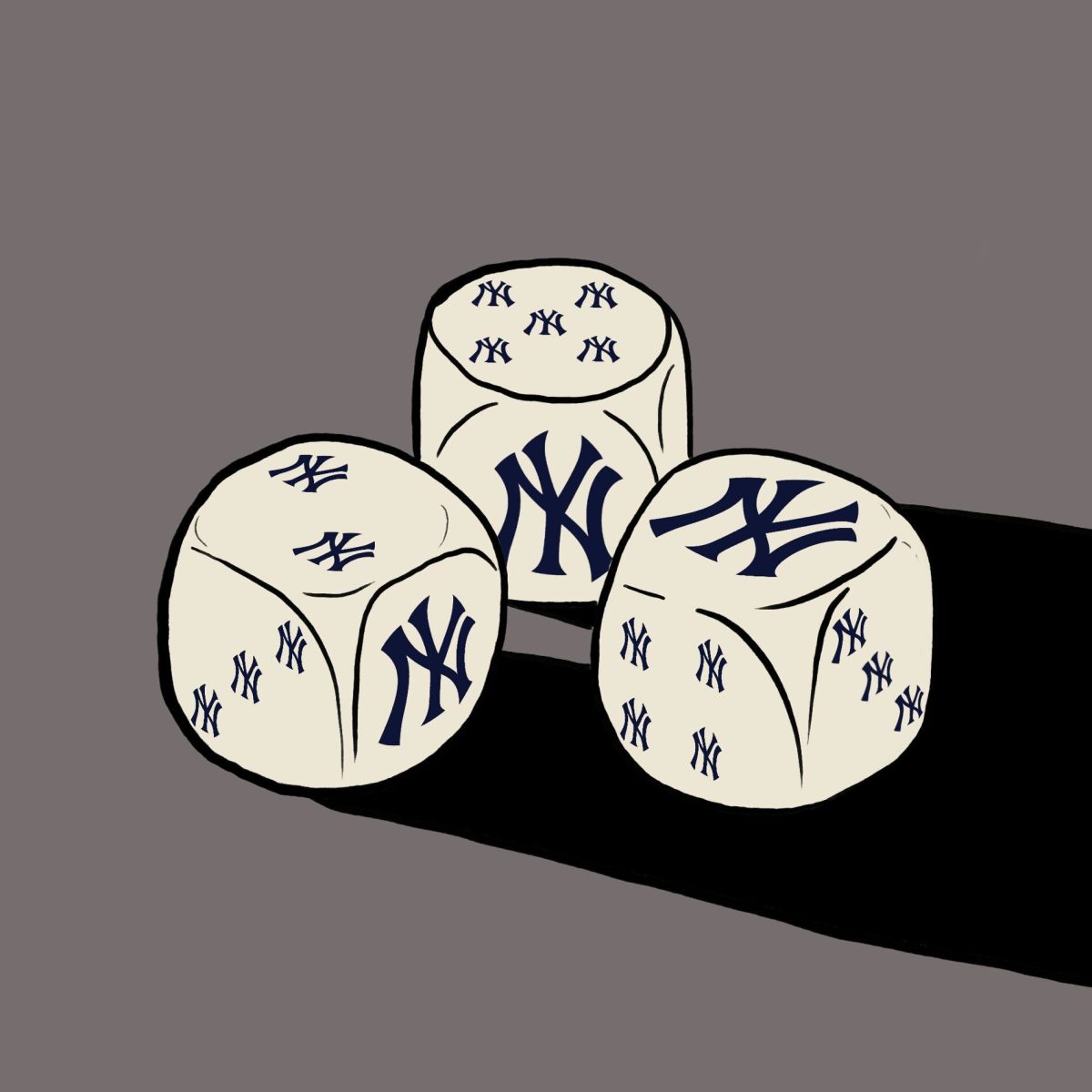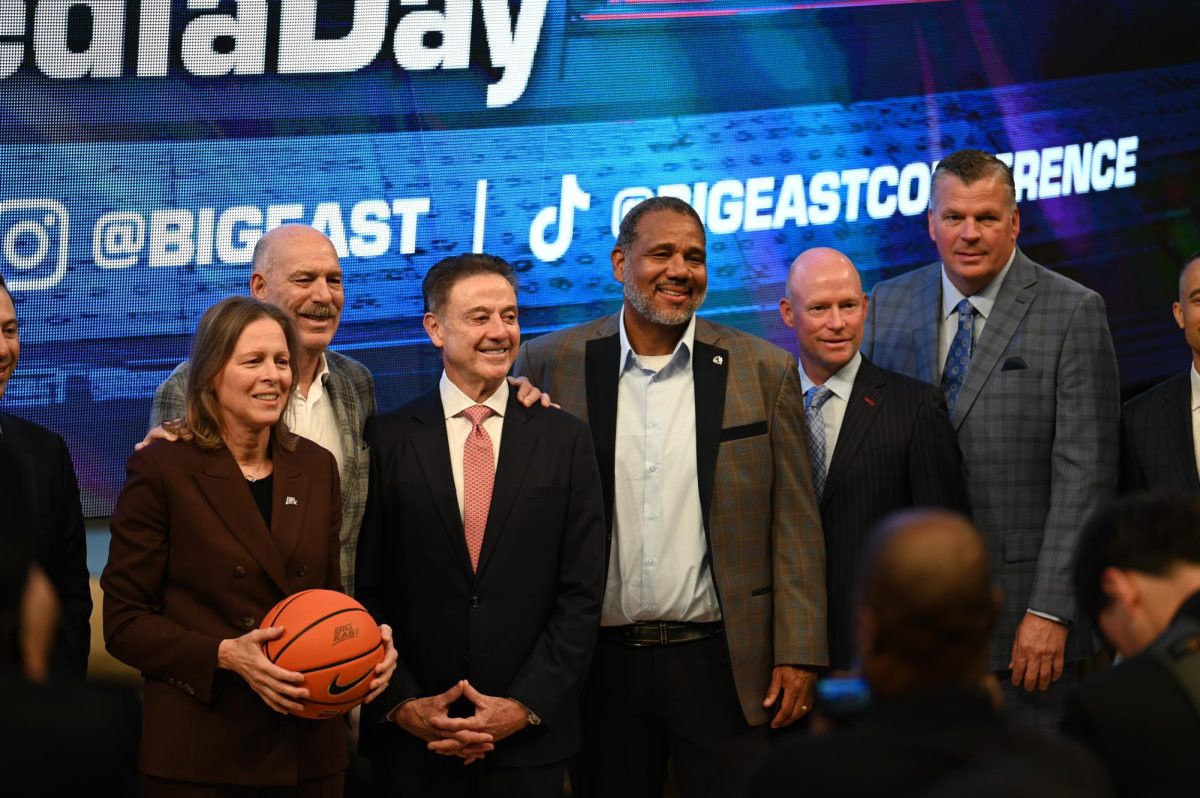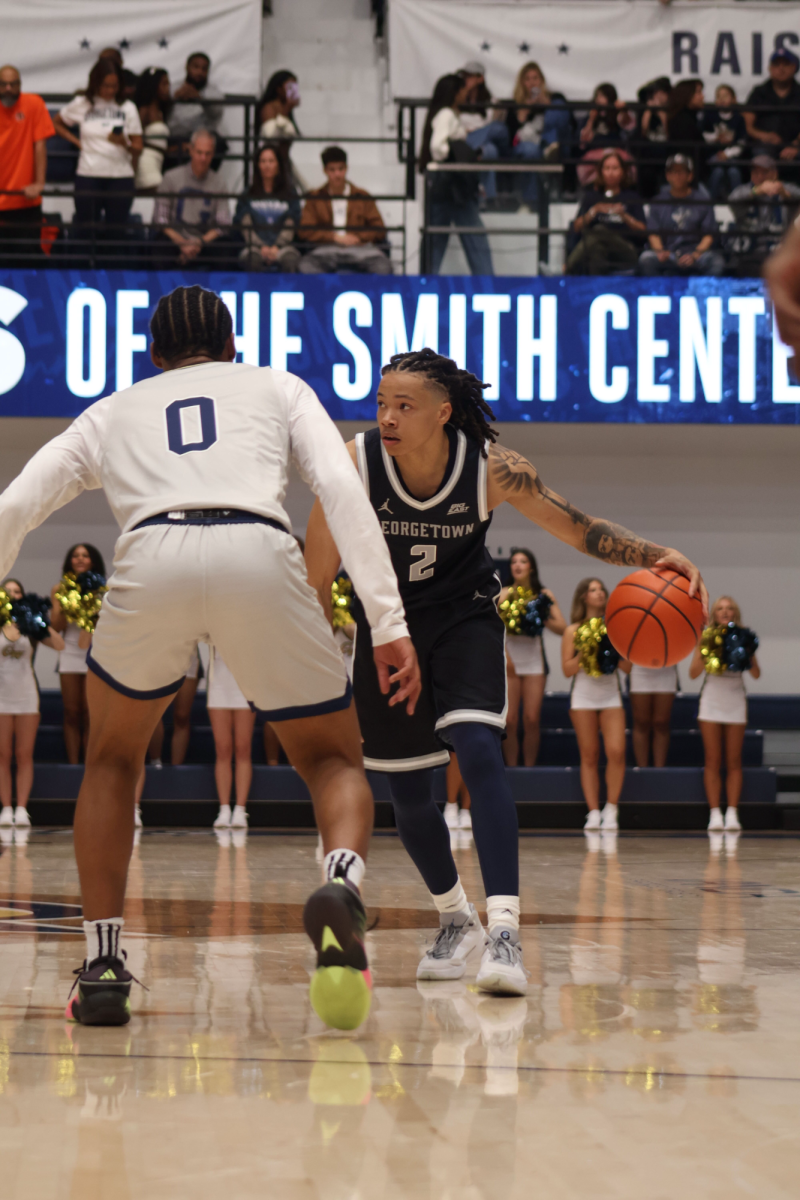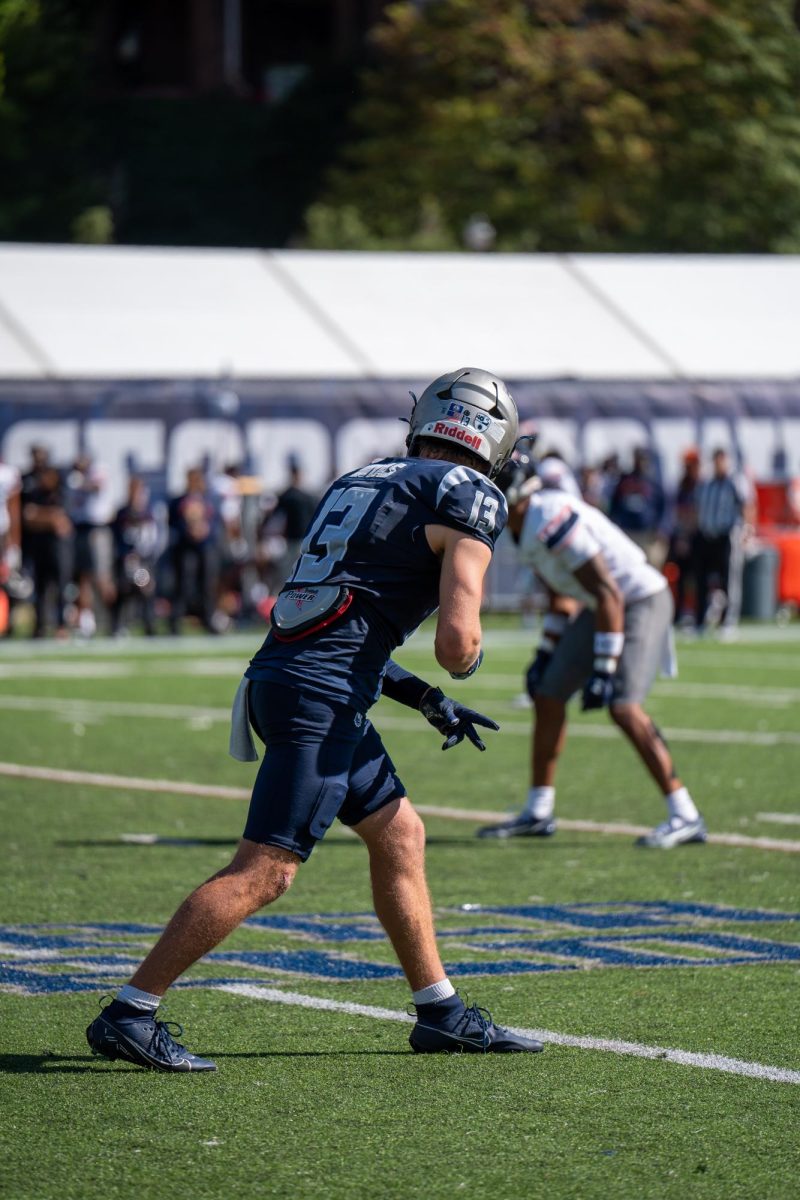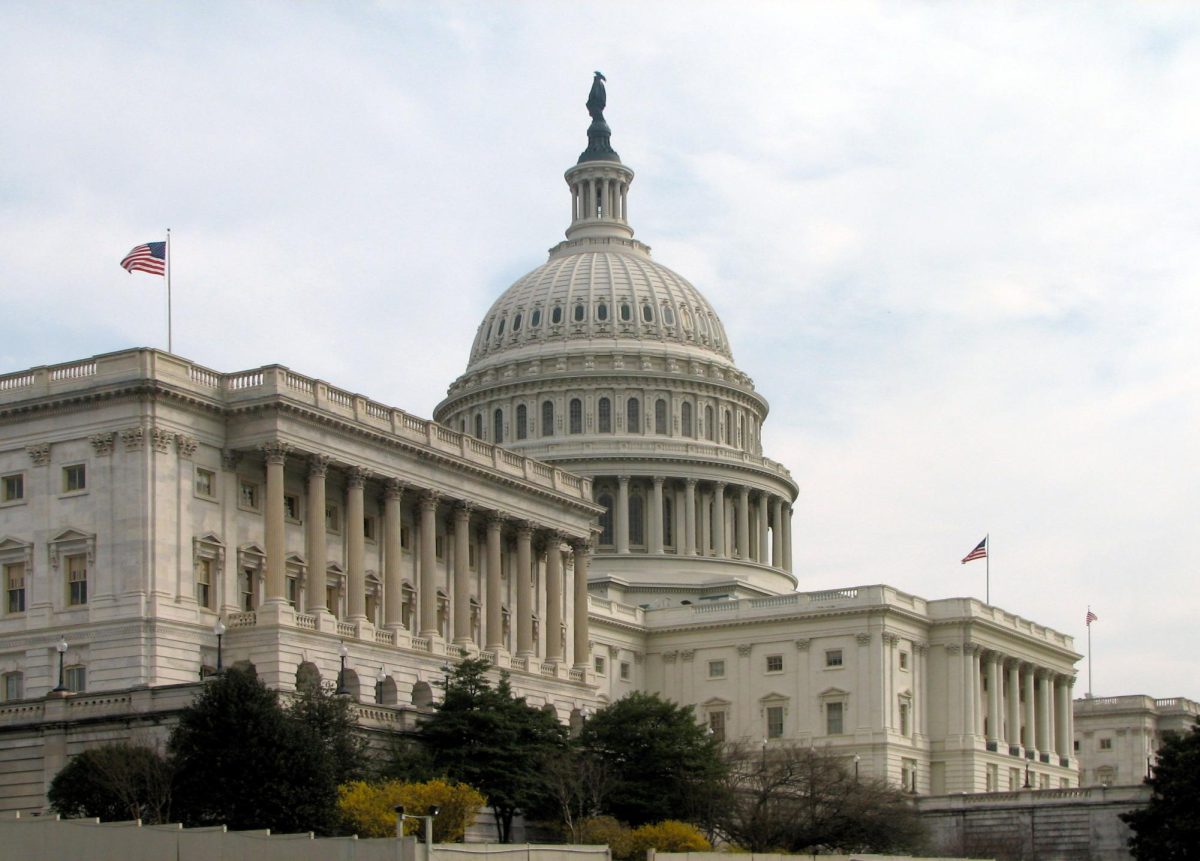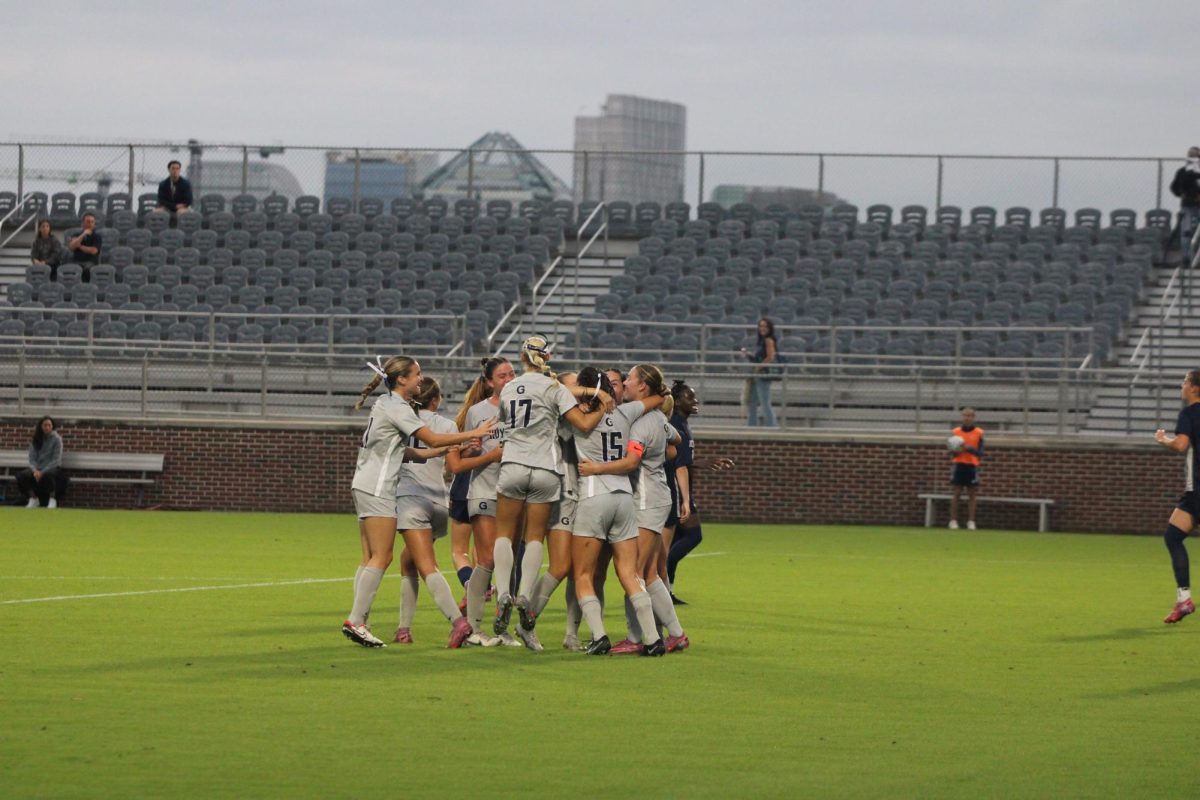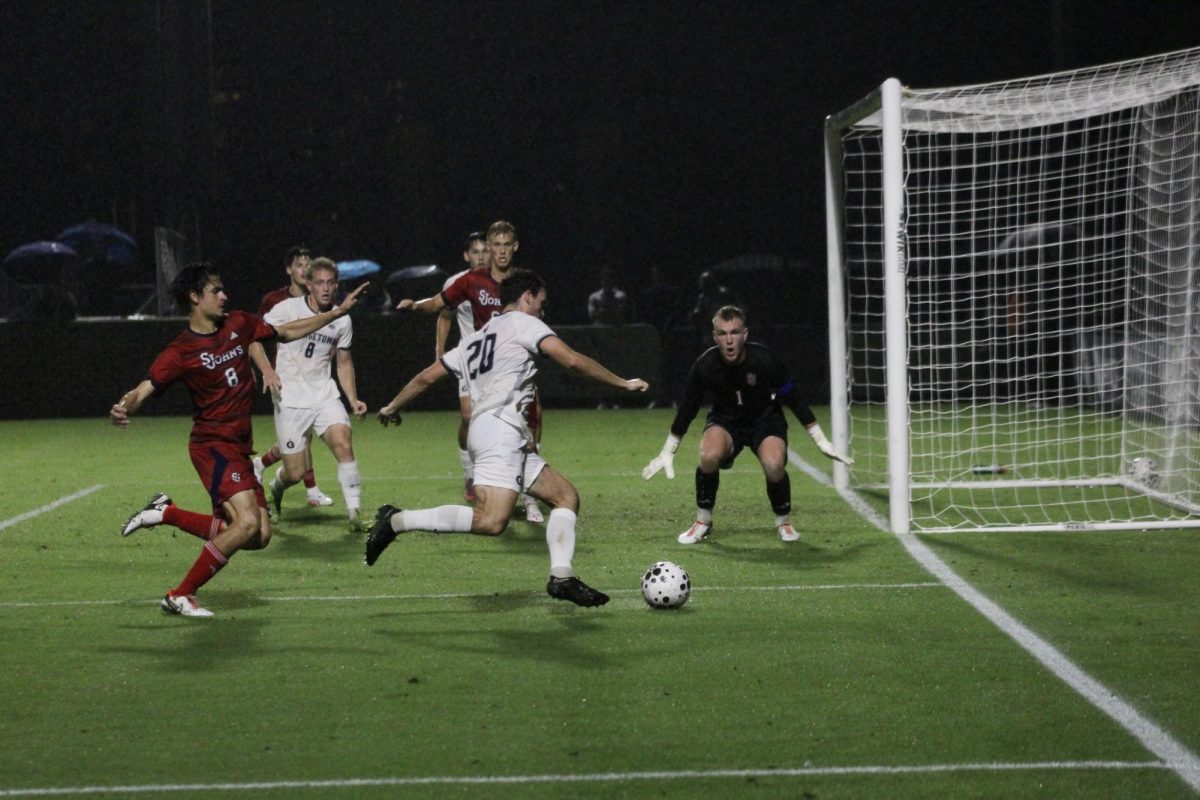I wish I could tell you that writing this column is my only commitment at Georgetown University — that my devotion is to you and you alone. But I would be lying, in part because I’m also one of the captains of the Moot Court team.
In Moot Court, we simulate arguing constitutional issues to the Supreme Court. Our case this semester is about the extent of Congress’ ability to regulate interstate commerce. With all due apologies to my constitutional law professor, I do not know anything about interstate commerce. Like a good captain, I started researching. And because I find a way to make everything about baseball, I dove down a rabbit hole about Major League Baseball’s antitrust exemption.
To put it shortly, it’s ridiculous.
Major League Baseball (MLB) — unlike every other sports league in the United States — is, bewilderingly, exempt from antitrust laws. That means that baseball is effectively a monopoly: The laws that prohibit anti-competitive practices do not apply to MLB.
That presents no problem for superstar players like — ugh — Juan Soto. But minor leaguers, for example, receive yearly salaries that range from an unlivable $19,800 to a passable $35,800 depending on their level. However, because MLB is shielded from most judicial oversight, minor leaguers have little leverage to negotiate their salaries.
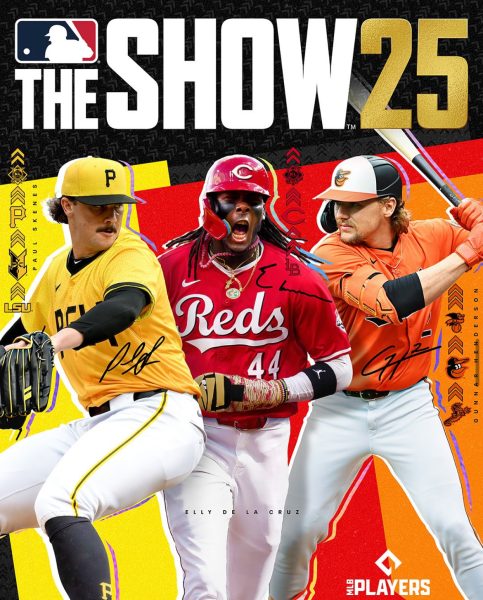
The legal reasoning behind MLB’s antitrust exemption is also inexplicable. The Supreme Court first addressed whether antitrust laws could apply to MLB in the 1922 case Federal Baseball Club of Baltimore v. National League. The Federal Baseball Club contended that because Article 1, Section 8, Clause 3 of the U.S. Constitution — commonly known as the Commerce Clause — gives Congress the power to regulate commerce among states, federal antitrust laws apply to MLB. The National League responded that MLB does not involve interstate commerce, and therefore Congress is powerless to regulate it.
The Court sided with the League. Justice Oliver Wendell Holmes, Jr. — who fittingly shares a surname with former New York Yankees’ incompetent closing pitcher, Clay — expressed in his majority opinion that baseball is a “purely state affair” because each game is only played in a singular state. Further, he reasoned that “the transport is a mere incident, not the essential thing.” Therefore, Congress could derive no authority in the Constitution that permitted it to regulate MLB’s activities.
This might appear reasonable upon first glance. But in every area of jurisprudence besides baseball, the Court has applied a far more expansive definition of the Commerce Clause.
In Perez v. United States in 1971, a nearly unanimous Court ruled that Congress can regulate any “activities that substantially affect or relate to interstate commerce.” In the past, this doctrine has applied to growing wheat for personal consumption (Wickard v. Filburn) and the possession of marijuana for personal medical use (Gonzales v. Raich). Oh, and every single other major sport in the United States.
Yet somehow, in the incredibly specific case of MLB, the Supreme Court has repeatedly and unfathomably found that professional baseball — which includes players traveling weekly between states for games, merchandise being shipped across state lines to fans, and teams frequently trading players to other ball clubs in different states — does not “substantially affect interstate commerce.”
Sure, and the Yankees’ performance does not “substantially affect” my mental health.
Further, the Court has acknowledged the absurdity of its decision but refused to overturn it. In Flood v. Kuhn (1972), it admitted that baseball was a type of interstate commerce but must remain exempt from antitrust laws regardless. Most of Justice Harry Blackmun’s opinion instead pointed to stare decisis.
Stare decisis, Latin for “to stand by things decided,” is a guiding Supreme Court principle, which states that courts should follow their own previous rulings when similar issues arise. It protects citizens and corporations from a Court that repeatedly flip-flops on fundamental constitutional issues depending on the opinions of its justices.
Except it doesn’t, really.
In the past couple of years, the Supreme Court has practically jumped at the opportunity to overturn its own precedent. It has disavowed its previous decisions on abortion rights (Dobbs v. Jackson Women’s Health Organization) and administrative deference (Loper Bright Enterprises v. Raimondo) and shown its willingness to “revisit” other landmark decisions.
Stare decisis, as the Court has eloquently noted, is “not an inexorable command.” If this Court is as unconcerned with its own precedent as its decisions in Dobbs and Loper Bright would indicate, then it should also take the opportunity to overturn a decision that it has already confessed is objectively wrong.
I understand entirely why the Supreme Court puts MLB on a pedestal. It is, after all, the best organization to ever exist. Fact check me on that, I dare you.
But elevating baseball is not about securing the wallets of its mega-rich owners and teams — it is about protecting its most vulnerable players. The Supreme Court has done the opposite.


